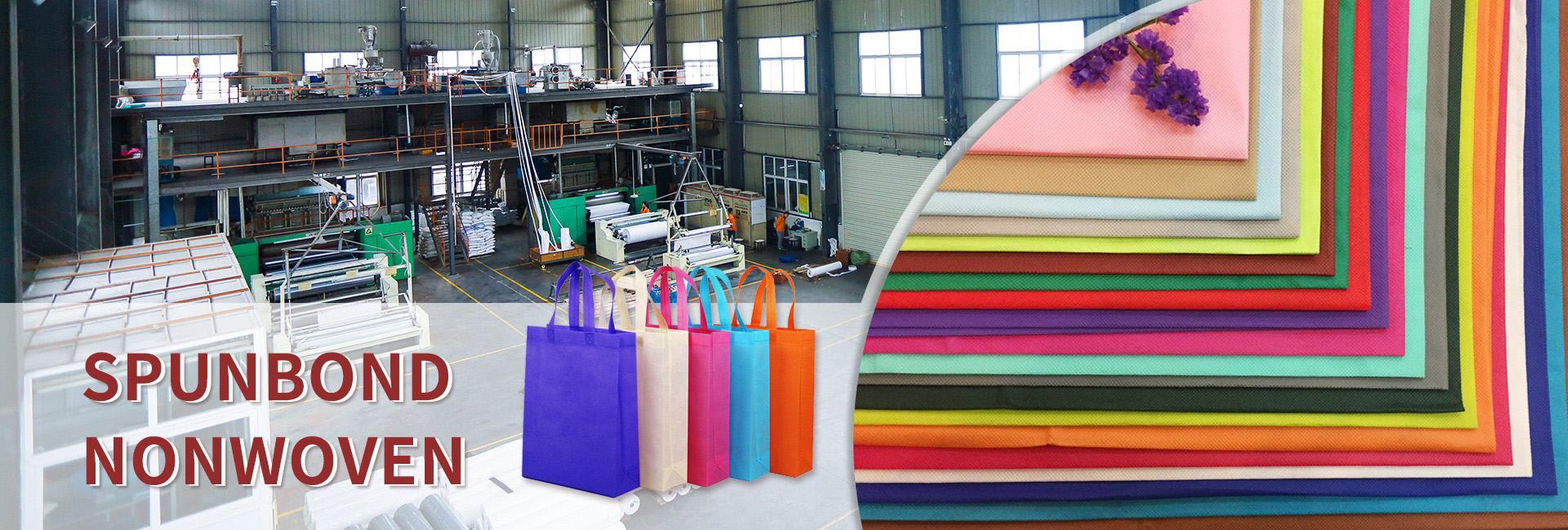
Products
Blue non woven fabric roll
Blue non woven fabric roll spunbond provides a cost-effective and versatile material solution due to their wide web widths, long lengths, range of thicknesses and varied properties. Understanding the manufacturing process and key variables that differ between rolls can help you choose the right spunbond nonwoven fabric for your specific application need.
Material Properties
Depending on material composition and bonding method, spunbond nonwoven rolls can exhibit properties including:
• Softness
• Opacity
• Strength
• Breathability
• Absorbency
• Chemical resistance
• Stretch
• Durability
Common Uses Of Blue Non Woven Fabric Roll
Due to their strength, barrier properties and cost effectiveness, spunbond nonwoven fabric rolls are used in a wide range of industries and applications. Here are just a few examples:
• Medical: Surgical drapes, gowns, face masks.
• Personal care: Baby wipes, diapers, feminine hygiene products.
• Filtration: Vacuum bags, furnace filters, face masks.
• Automotive: Interior liners and insulation.
• Home goods: Upholstery, mattress covers.
• Industrial: Matting, packing, tapes, wipes.
How Nonwoven Spunbond Rolls Are Produced
Spunbonding is the procedure used to create spunbond nonwoven rolls. In order to produce continuous filaments, polymer resin pellets are melted and extruded through microscopic holes known as spinnerets.
After that, air knives are used to pull the heated filaments, and drums are used to cool and attenuate them to the appropriate fineness. After that, the filaments are haphazardly dropped in a random web onto a conveyor belt. One of three bonding techniques—mechanical, thermal, or chemical—is used to join the filaments.
Huge rolls of continuous spunbonded web are wound onto them. The width and length of these rolls of nonwoven fabric can vary from one to four meters to many kilometers.
Blue non woven fabric rolls’ width, length, and thickness
Depending on the production process, rolls of spunbond nonwoven fabric are normally available in widths ranging from one meter to more than four meters. Roll lengths vary but can be up to several kilometers long, offering substantial bulk fabric amounts.
Roll thickness varies from 0.03 mm for very thin materials to 1 mm for heavier spunbond nonwoven rolls. For heavy-duty applications, fabric weights range from 15 gsm to 200 gsm and higher.










